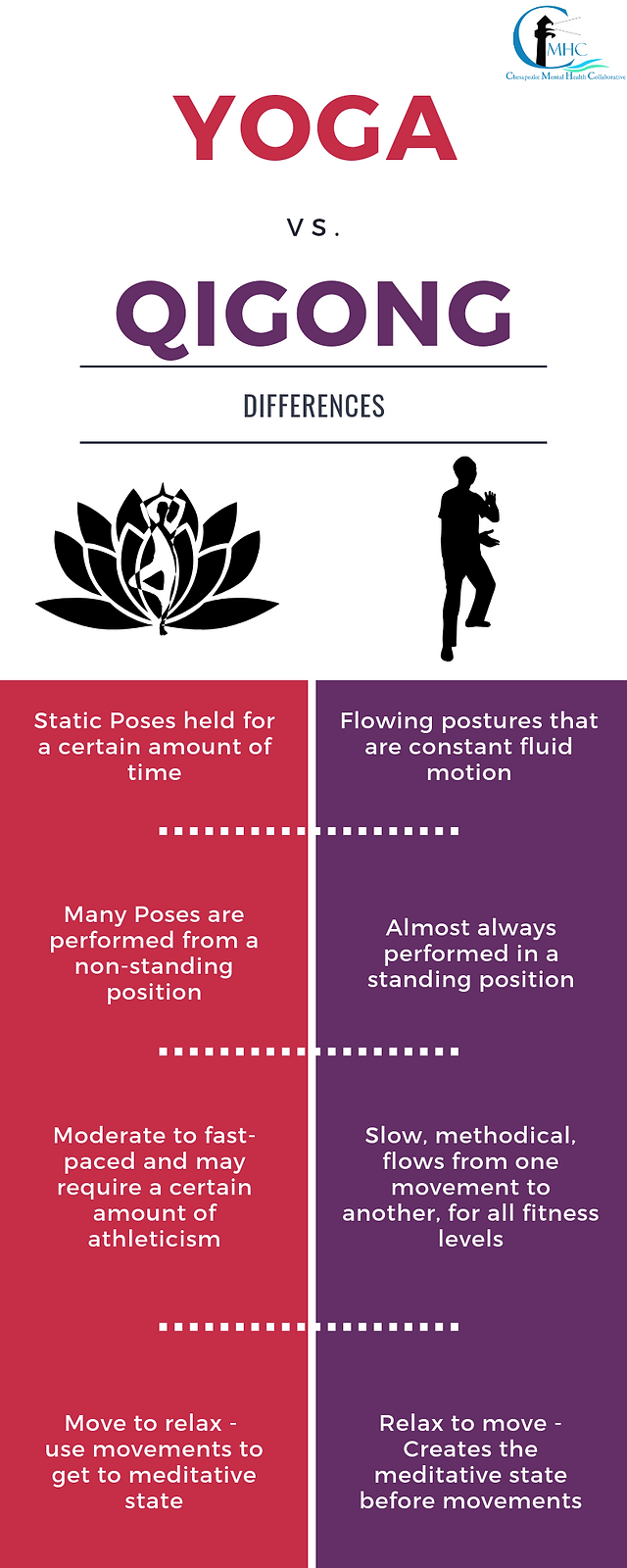In today’s fast-paced world, YOU NEED A BREAK! The quest for mental clarity and stress relief has led many to explore various mindfulness practices. Two popular techniques that have gained significant attention are Qigong and mindfulness meditation. But which one is more effective in enhancing mental clarity? Let’s dive deep into the world of Qigong and mindfulness to help you make an informed decision.
Understanding Qigong and Mindfulness
Qigong: The Ancient Chinese Practice
Qigong is an ancient Chinese practice that combines gentle movements, breathing techniques, and meditation. The word “Qi” refers to life force energy, while “gong” means cultivation or mastery. Qigong aims to balance and enhance the flow of vital energy throughout the body.
Mindfulness: The Art of Present-Moment Awareness
Mindfulness, on the other hand, is a meditation technique that focuses on being fully present and engaged in the current moment. It involves non-judgmental awareness of thoughts, feelings, and sensations.
Key Differences Between Qigong and Mindfulness
- Origin: Qigong originates from China, while mindfulness has roots in Buddhist traditions.
- Physical Component: Qigong incorporates gentle physical movements, whereas traditional mindfulness meditation is typically practiced in a seated position.
- Energy Focus: Qigong emphasizes the cultivation and manipulation of Qi (vital energy), while mindfulness focuses on awareness of present-moment experiences.
- Breathing Techniques: Qigong often involves specific breathing patterns, while mindfulness may use the breath as an anchor for attention but doesn’t necessarily manipulate it.
Benefits of Qigong for Mental Clarity
- Stress Reduction: Qigong has been shown to effectively reduce stress levels and promote relaxation.
- Improved Focus: The combination of movement and meditation in Qigong can enhance concentration and mental acuity.
- Emotional Regulation: Regular Qigong practice may help balance emotions and reduce anxiety.
- Enhanced Body Awareness: The physical component of Qigong fosters a deeper connection between mind and body.
Benefits of Mindfulness for Mental Clarity
- Increased Self-Awareness: Mindfulness cultivates a deeper understanding of one’s thoughts and emotions.
- Reduced Rumination: Regular mindfulness practice can help decrease repetitive negative thinking patterns.
- Improved Attention: Mindfulness training has been shown to enhance attentional control and focus.
- Stress Management: Like Qigong, mindfulness is effective in reducing stress and promoting overall well-being.
Which Practice is Right for You?
The choice between Qigong and mindfulness ultimately depends on your personal preferences and goals. Here are some factors to consider:
- Physical Activity: If you prefer incorporating gentle movements into your practice, Qigong might be more appealing.
- Cultural Connection: Those interested in Chinese philosophy and energy concepts may find Qigong more engaging.
- Simplicity: Mindfulness can be practiced anywhere without special equipment or space requirements.
- Versatility: Qigong offers a broader range of practices, including both static and dynamic forms.
Conclusion
Both Qigong and mindfulness meditation offer powerful tools for enhancing mental clarity and reducing stress. While they have distinct approaches, both practices can significantly improve your overall well-being. The best choice for you may be to experiment with both and see which resonates more with your lifestyle and preferences.Remember, consistency is key in reaping the benefits of either practice. Whether you choose Qigong, mindfulness, or a combination of both, regular practice will undoubtedly lead to improved mental clarity and a more balanced life.



No comments yet.